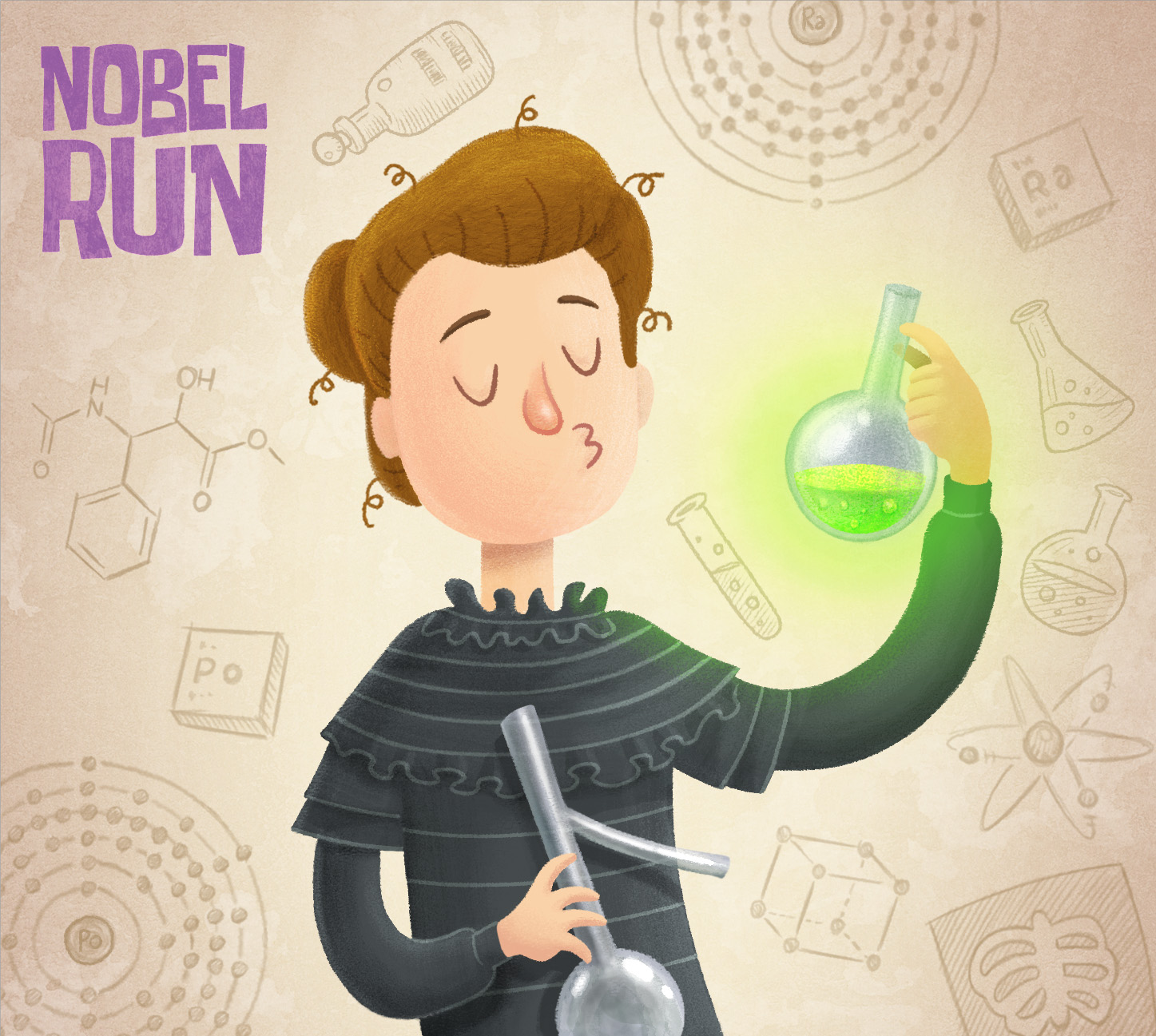The price one pays for winning a prize!
Have you ever heard of a disease that happens due to winning some prestigious prize? If you’re yet to know about that, this article is the perfect place for you to land.
Nobel Disease:
“Nobel disease,” also known as ”
Nobelitis
,” is an informal term for when Nobel Prize winners embrace scientifically unsound ideas, usually later in life. It’s a tongue-in-cheek term that highlights the fact that even accomplished scientists can fall for
pseudoscientific ideas
.
Some possible reasons for Nobel disease include:
Feeling empowered: Nobel winners may feel that the award gives them the authority to speak on topics outside their area of expertise.
Cognitive errors : Nobel winners may be more prone to cognitive errors, such as bias blind spot, and personality traits like narcissism.
The pressures of fame: The pressures of fame can cause Nobel winners to chase impossible or pseudoscientific ideas.
However, it’s not known if Nobel Prize winners are more likely to fall for pseudoscientific ideas than other people.
Instances of Nobelitis:
Albert Einstein, recipient of the Nobel Prize in physics for his work on the photoelectric effect and the great physicist behind general and special relativity, once mentioned, “The exaggerated esteem in which my lifework is held makes me very ill at ease. I feel compelled to think of myself as an involuntary swindler.”
While reassuring that even Einstein felt like this, other Nobel Prizewinners have not responded in the same manner to recognition of their own achievements. In fact, the term “Nobel disease” turned out to be describing the sometimes wacky and unscientific views that Nobel Prizewinners have gone on to develop, following their win.
There’s a surprisingly long list of Nobel Prizewinners who have expressed pseudoscientific beliefs after their win, usually straying away from their field of expertise. The list includes scientists, noted in their field, who went on to develop interests in
psychic research
, extrasensory perception, and one winner who believed he had been visited by a talking, motorcycling, glowing green raccoon.
Pierre Curie, fo
Read More

